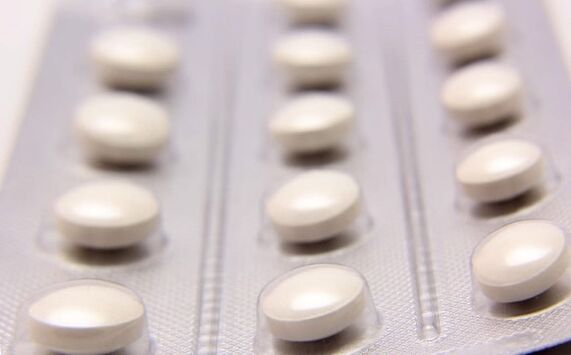
There are often situations in life where we need to take antibiotics while being invited to a ceremony. Therefore, in such cases, the question of whether alcohol can be drunk while taking antibiotics is particularly acute. We provide full information on this issue below.
Many bacterial and, less commonly, fungal infections require treatment with antibacterial drugs. It is important to note that antibiotic treatment should never be stopped. Its duration may vary depending on the type and severity of the disease (3-7 days or more). Many are horrified by the thought of "falling out of the festive life" and we don’t accept an invitation to any meal. But in practice, not everything is so scary.
If you approach this problem competently and medically, you can take part in feasting with relatives and take antibiotic treatment.
The golden rule: always drink in moderation.
You can, of course, combine alcohol with antibiotics under certain conditions described below. But when prescribing antibiotics, care must be taken not to overload your body with excessive alcohol. In any case, ethanol will get into your heart and all your defenses will be in the fight against it. And in the case of a protracted illness, for example, these forces may be the last. Immunity is further weakened and recovery is postponed to an limitless future. And in some cases describeddown, even death is possible.
Antibiotic and Alcohol Compatibility Myths
Scary stories that it is categorically impossible to combine antibacterial drugs and alcohol probably spread right after World War II. At that time, STD clinics were simply overcrowded with soldiers and officers who bore all the ordeals of military life on their shoulders.
Doctors then categorically forbade their patients from taking alcohol during antibiotic therapy, but not because of the damage to health from mixing the latter, but for a very banal reason - after consuming a glass, a soldier could "go out" and get a new genital infection.
Alternatively, the ban was due to the high labor cost of taking penicillin and was strangely evaporated from the urine of treated soldiers. Therefore, in order to receive medically pure medication, it was forbidden to drink beer during the entire treatment period.
Since then, the theory of the dangers of mixing alcohol and antibiotics has become popular among people, and many still believe that these cannot be combined. But what about the issue of evidence-based medicine?
Research facts
It is known that in the late 20th - early 21st century, several studies were conducted on the effects of ethanol on different types of antibacterial drugs. The experiments were also performed on laboratory animals and volunteers. The results clearly showed that most antibiotics are not affected by alcohol consumption.
All antibiotics tested were effective in both the control and experimental groups, and no global differences were observed in the physicochemical reactions (distribution of the drug in the body, mechanism of absorption and excretion of degradation products).
However, there is a hypothesis that alcohol increases the negative effects of antibacterial drugs on the liver. But in the scientific medical literature, cases describing such situations are quite rare (up to 10 out of 100, 000 cases) and no specific studies have been performed in this area.
There are antibiotics that are incompatible with alcohol
There are certain types of antibacterial drugs that interact with alcohol and cause very unpleasant symptoms - these are called disulfiram-like reactions in medical practice.
This reaction occurs during the chemical interaction of ethanol and some specific antibiotic molecules, resulting in changes in the metabolism of ethyl alcohol in the body and the accumulation of acetaldehyde.
Signs of acetaldehyde poisoning:
- Vomiting, nausea.
- Severe headache.
- Cramps in the arms and legs.
- Increased heart rate.
- Difficult, intermittent breathing.
- Fever and redness in the chest, face and neck.
In such cases, taking large amounts of alcohol can be fatal!
All of the above symptoms are very severe in humans, which is why many medical clinics use a disulfiram-like reaction to treat alcoholism (so-called "coding").
























